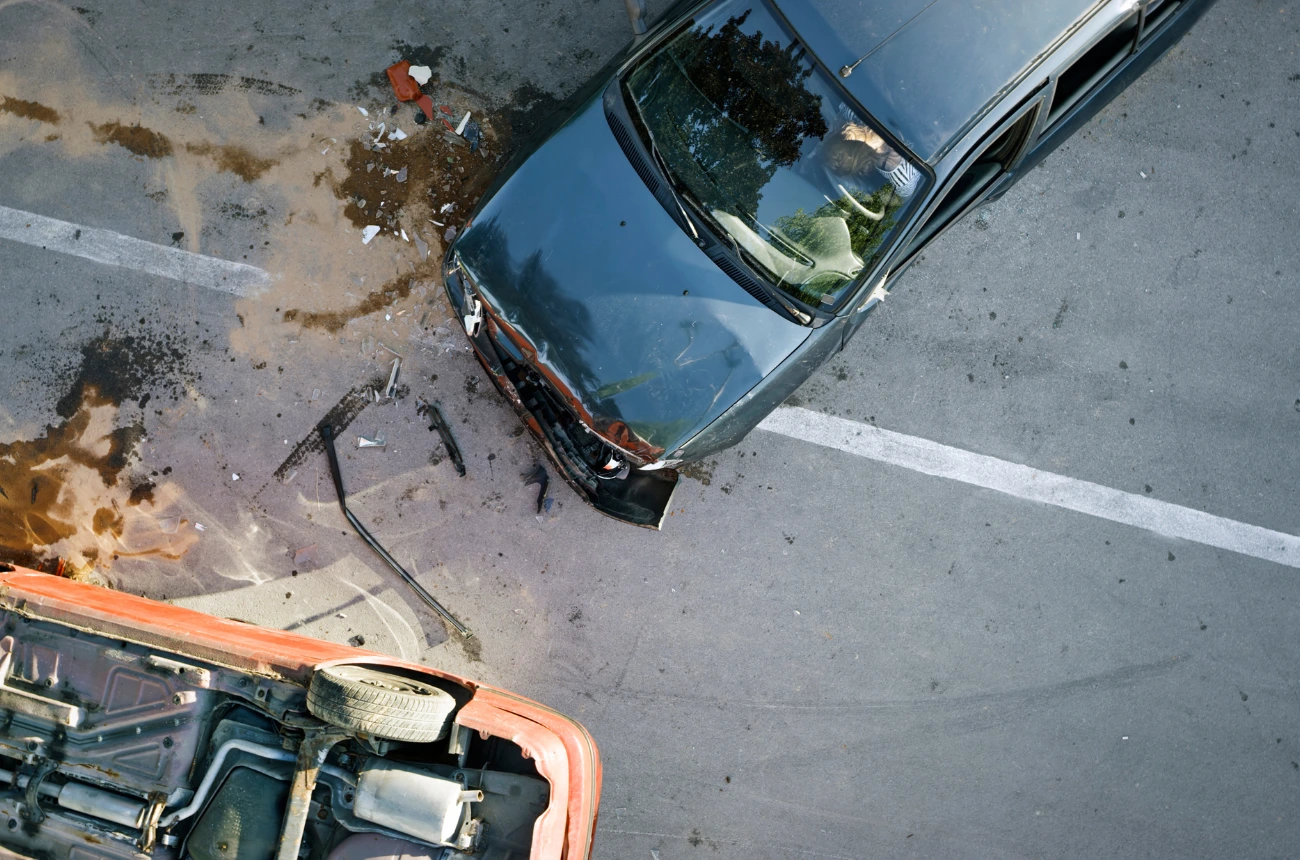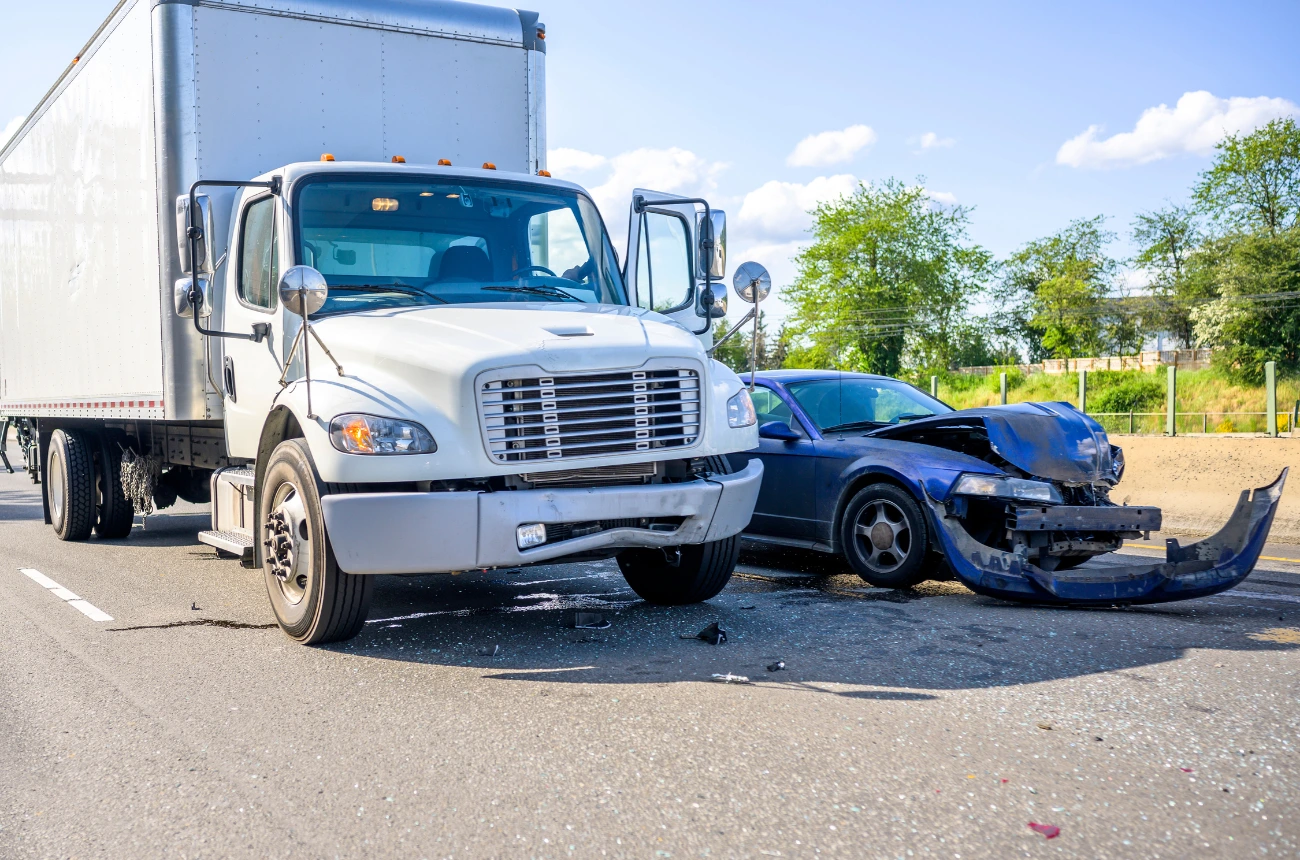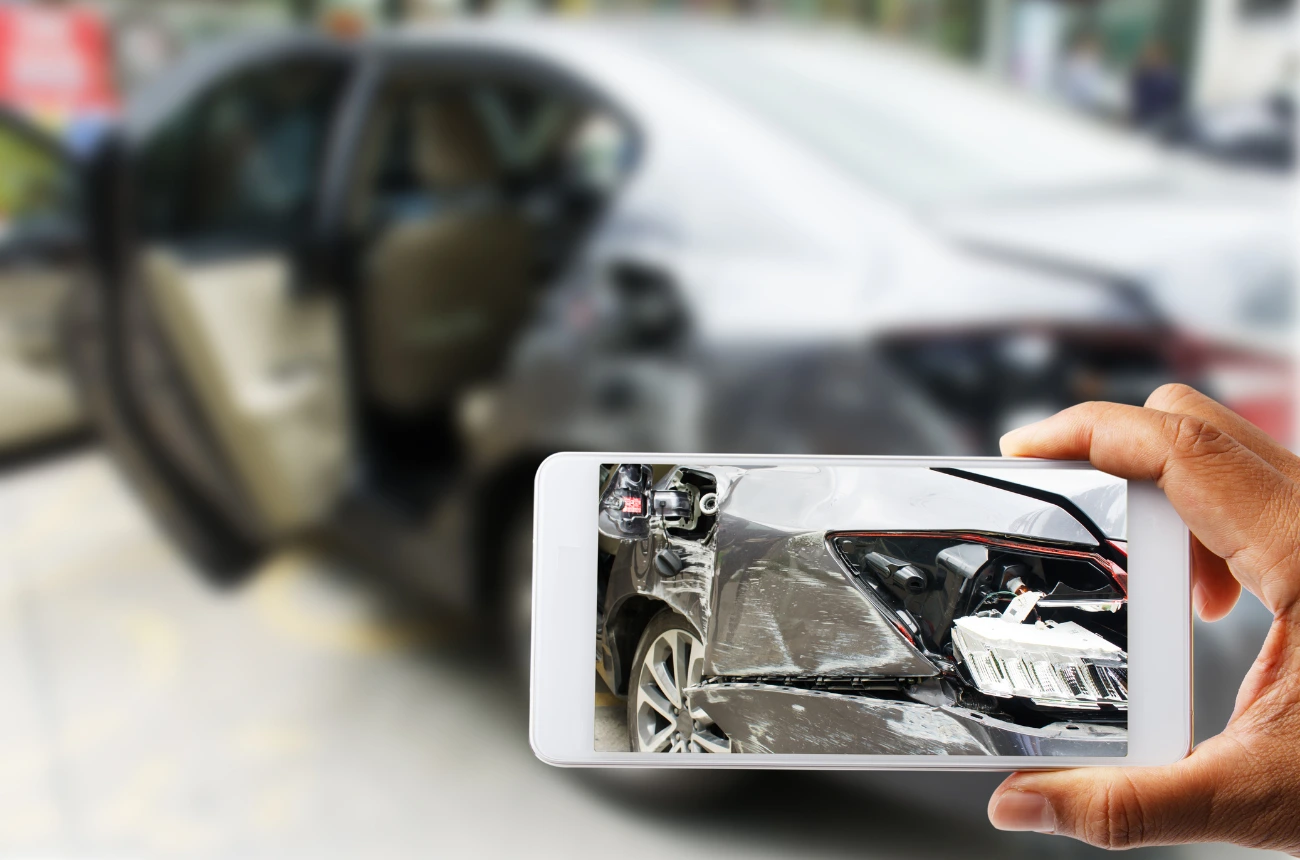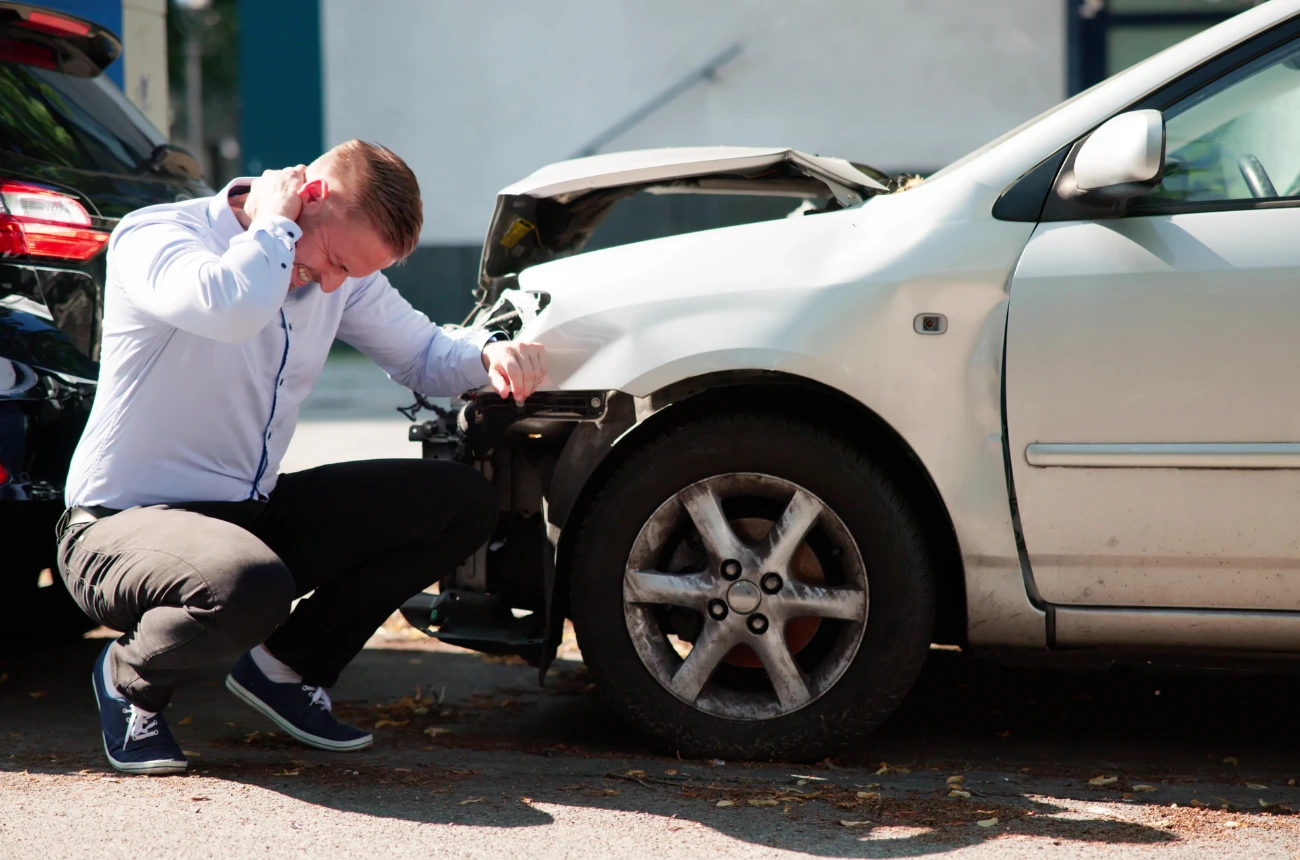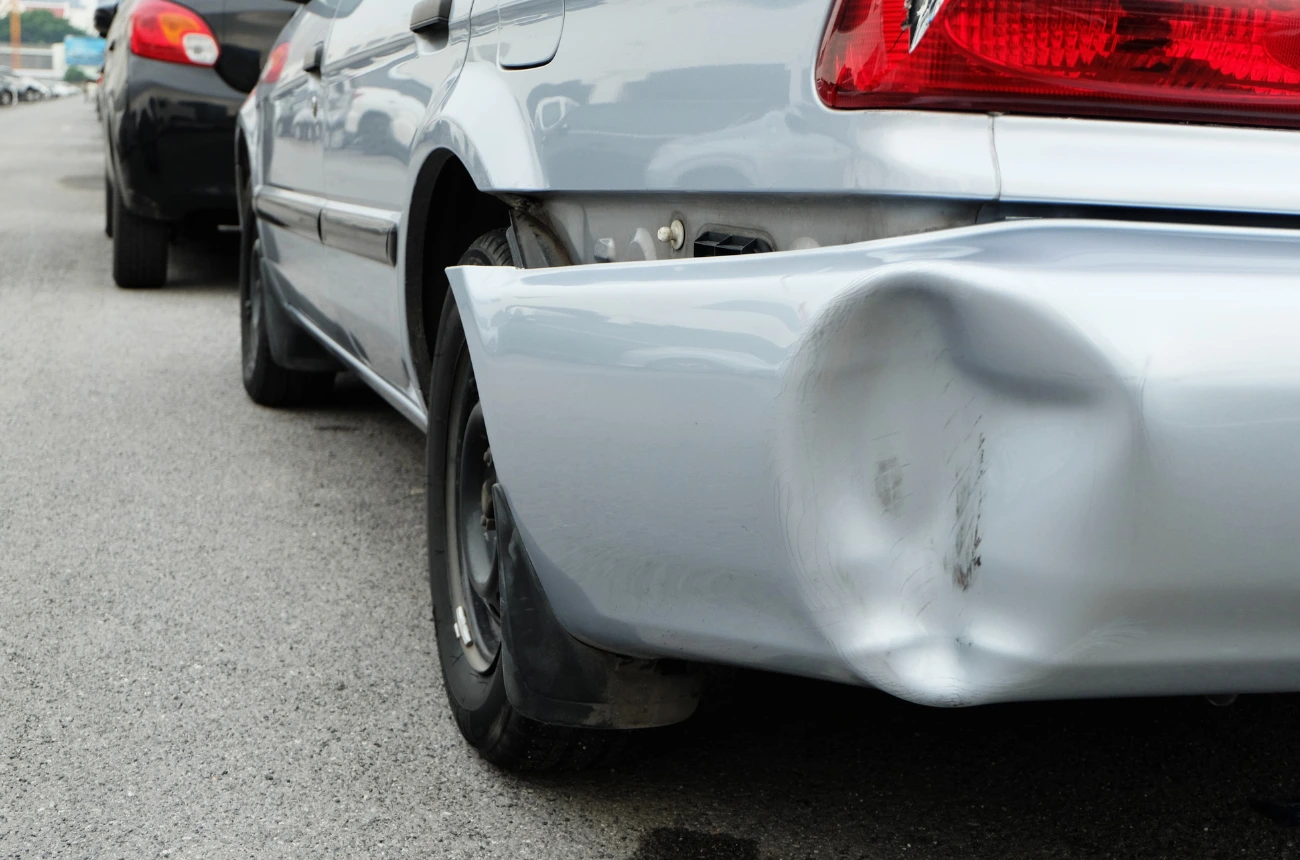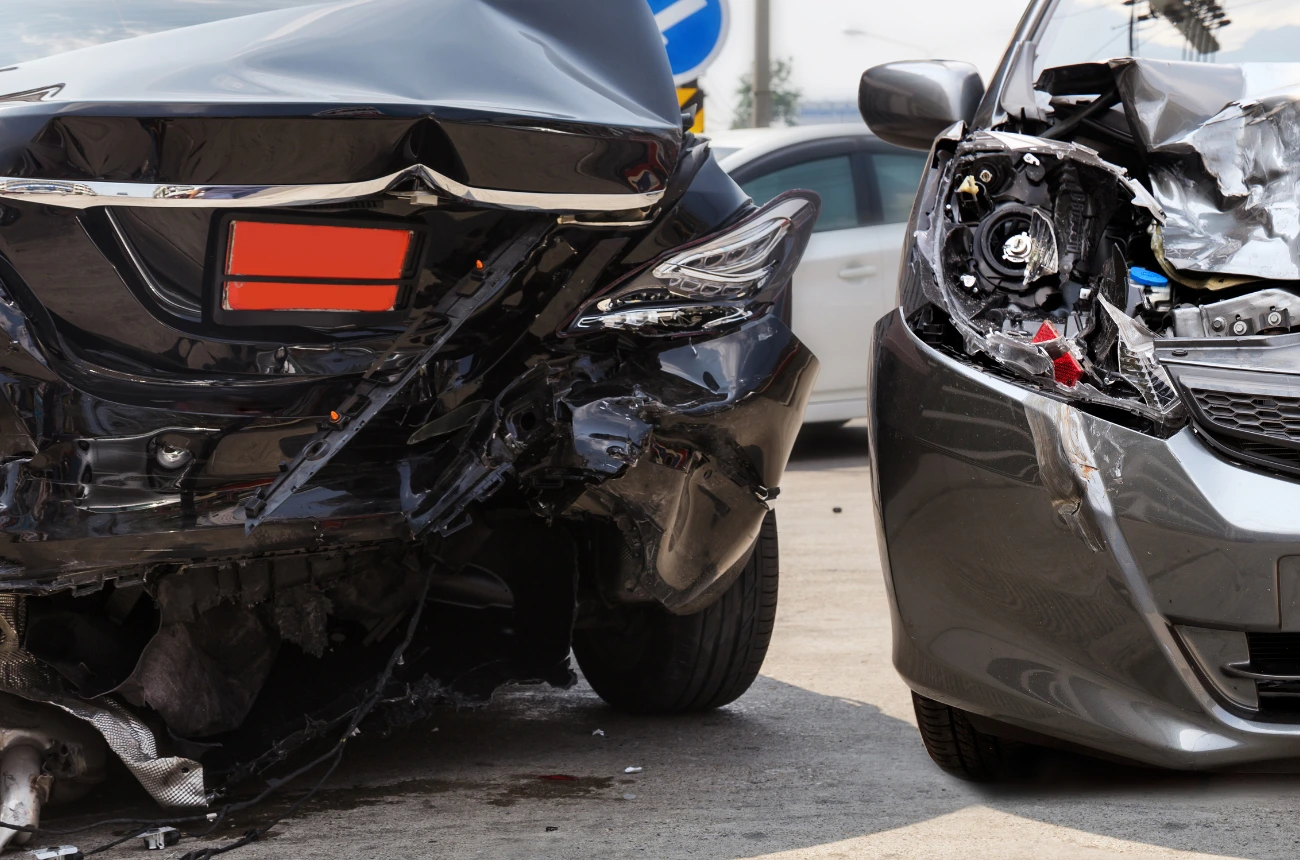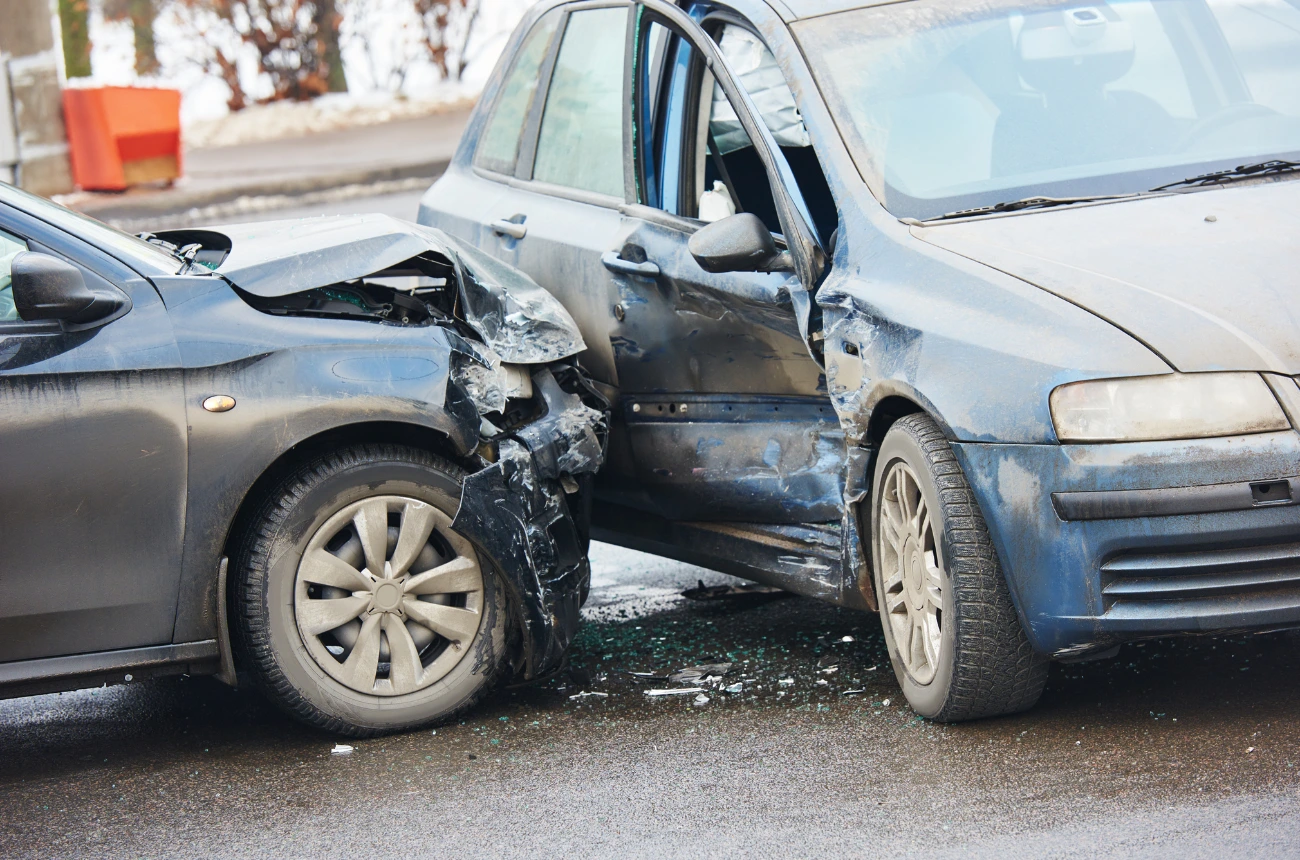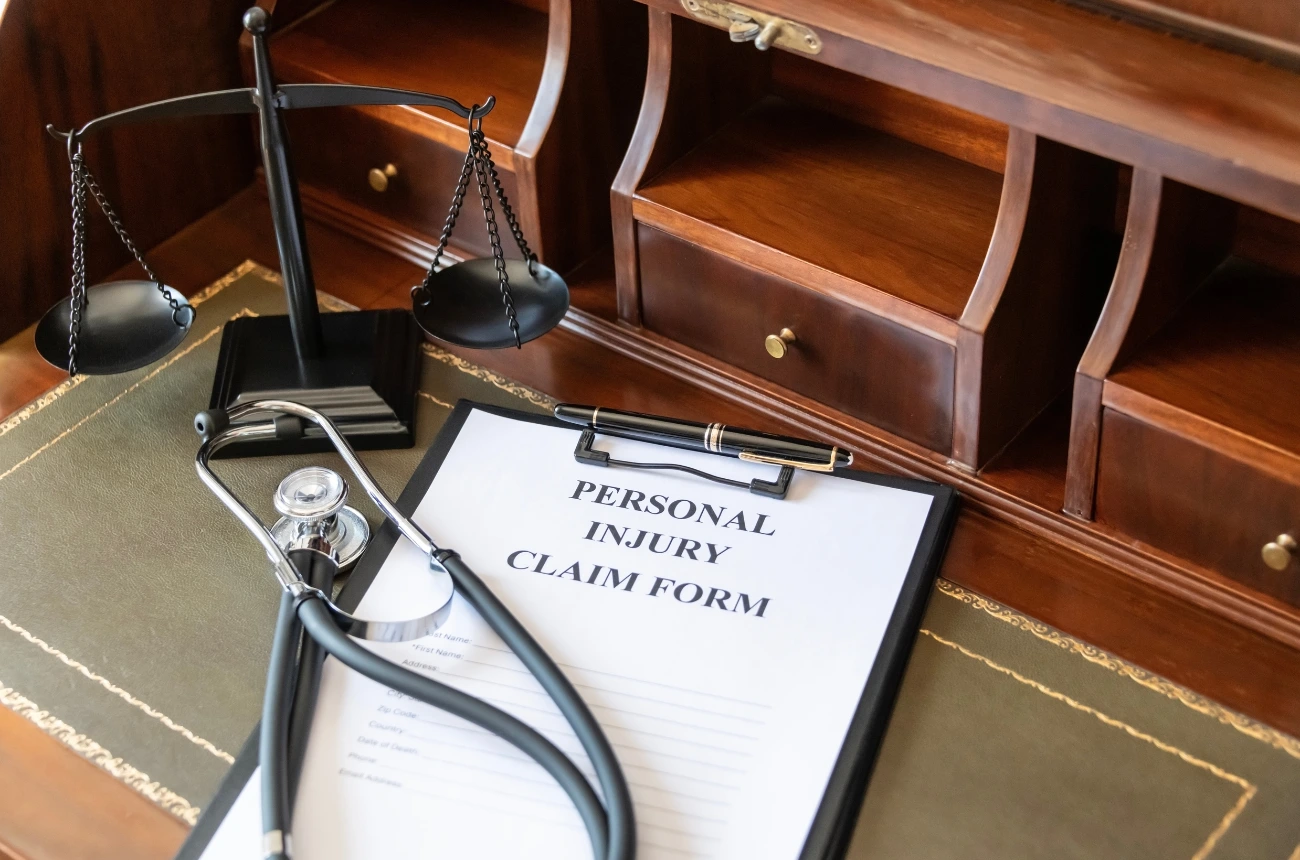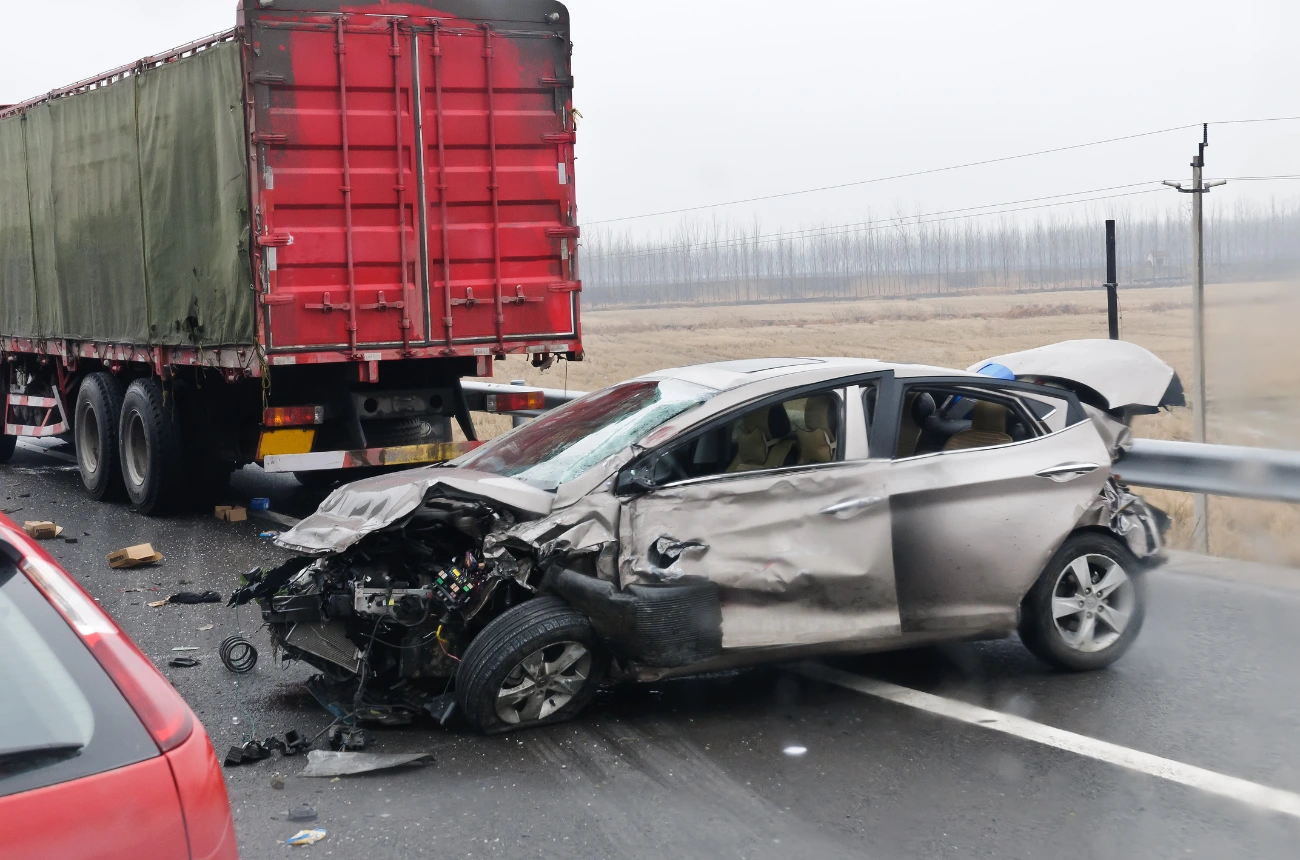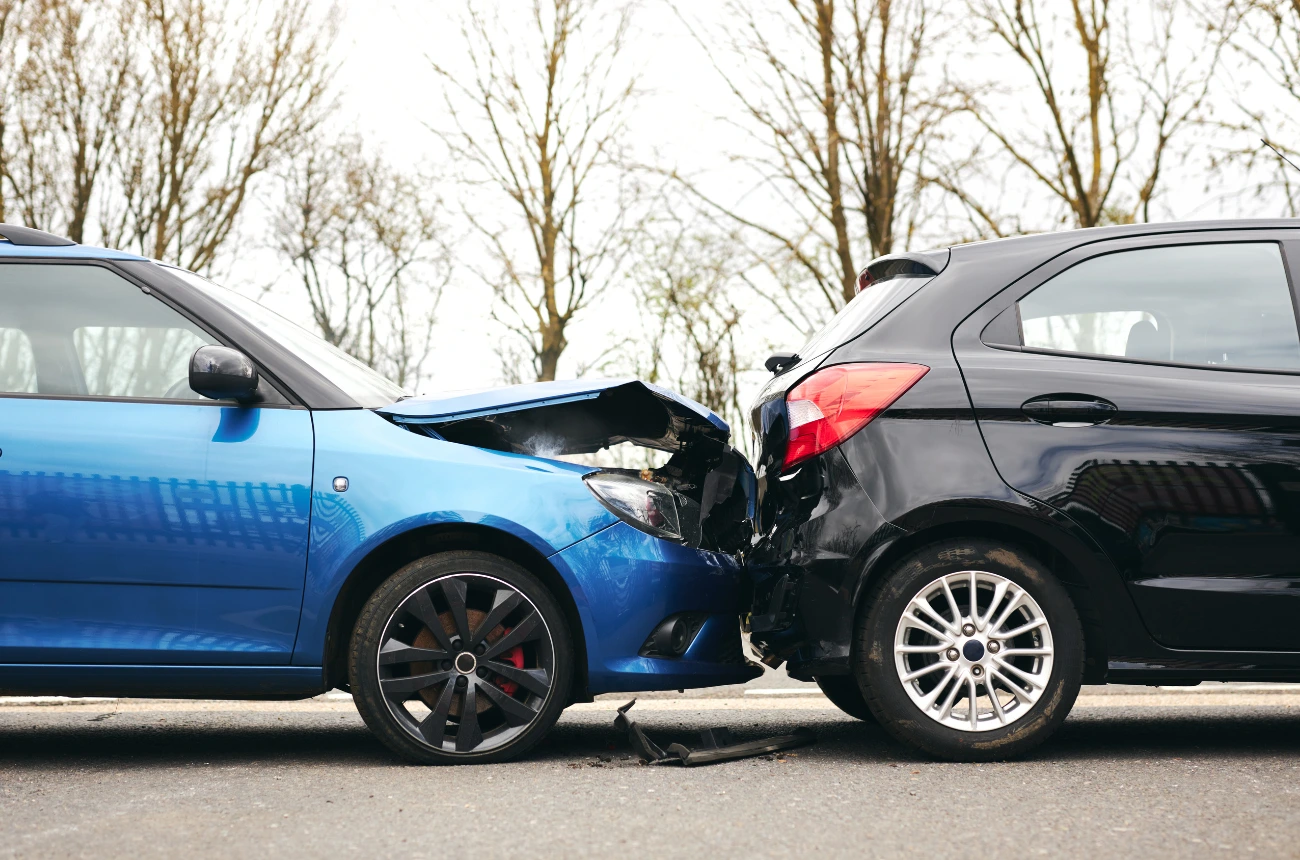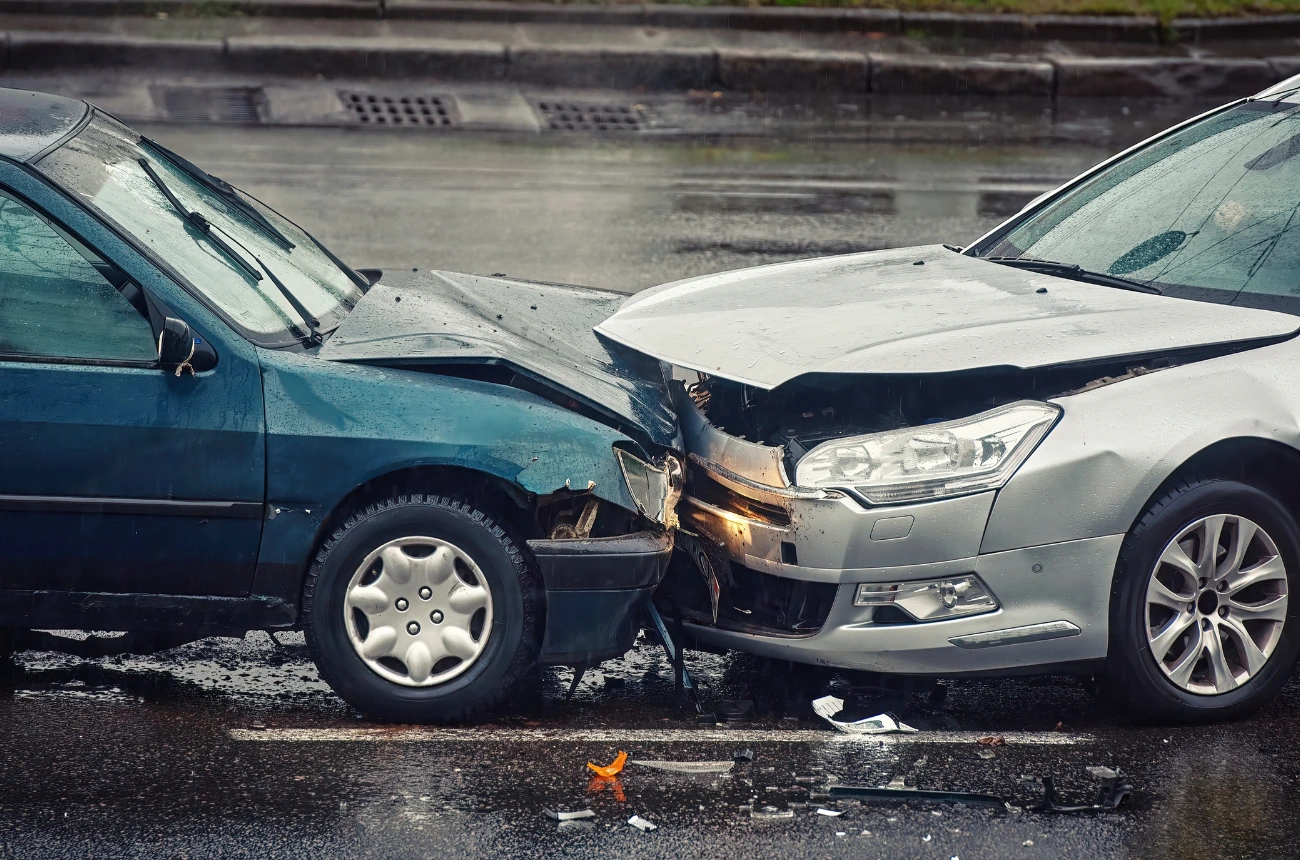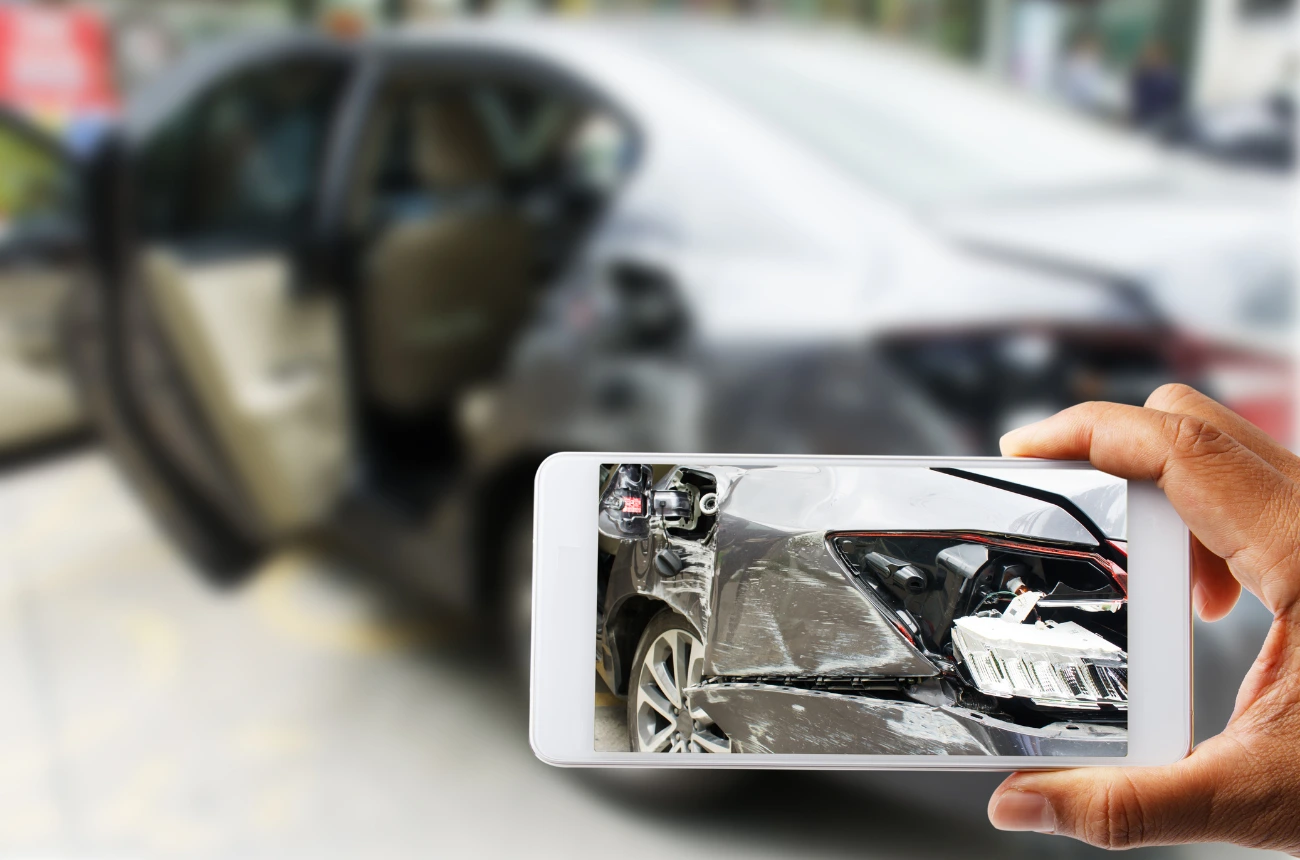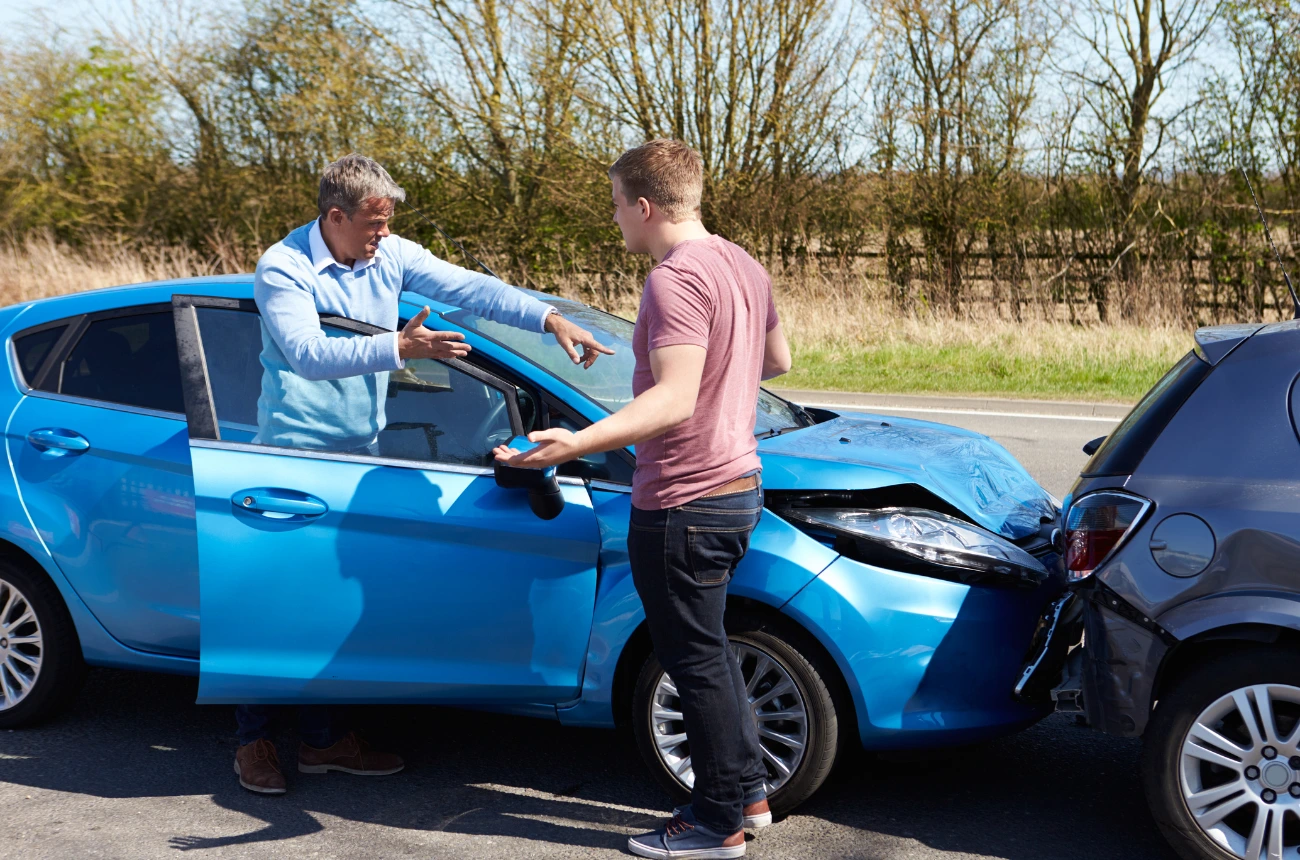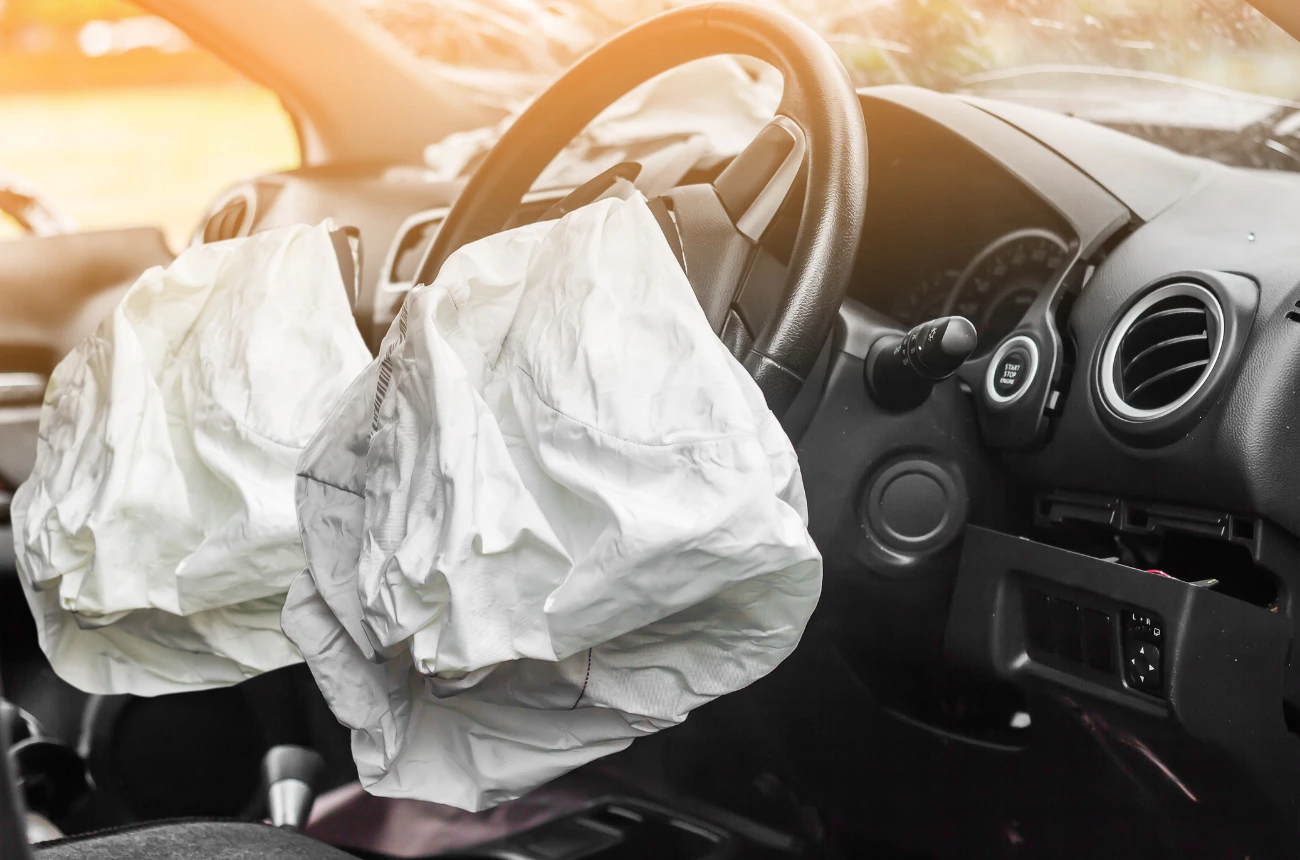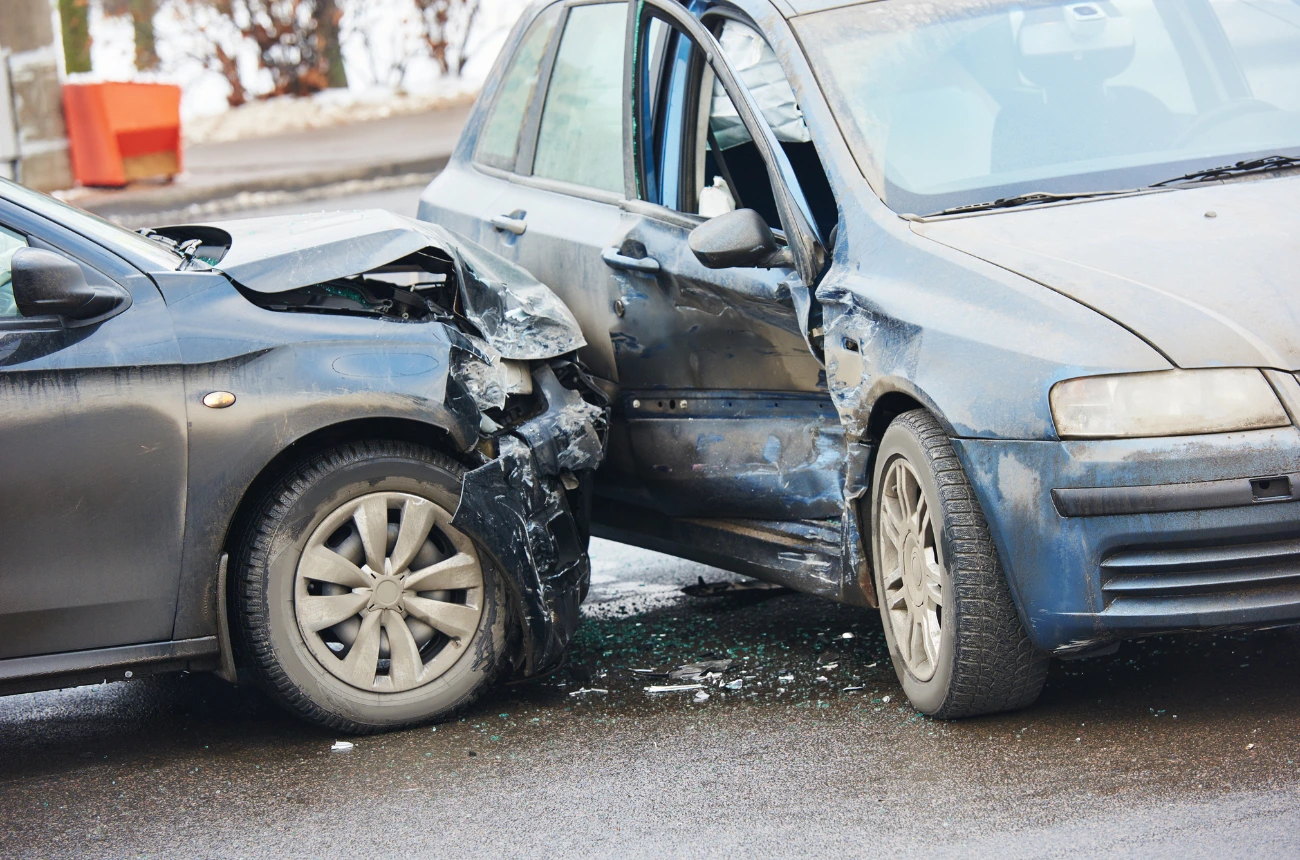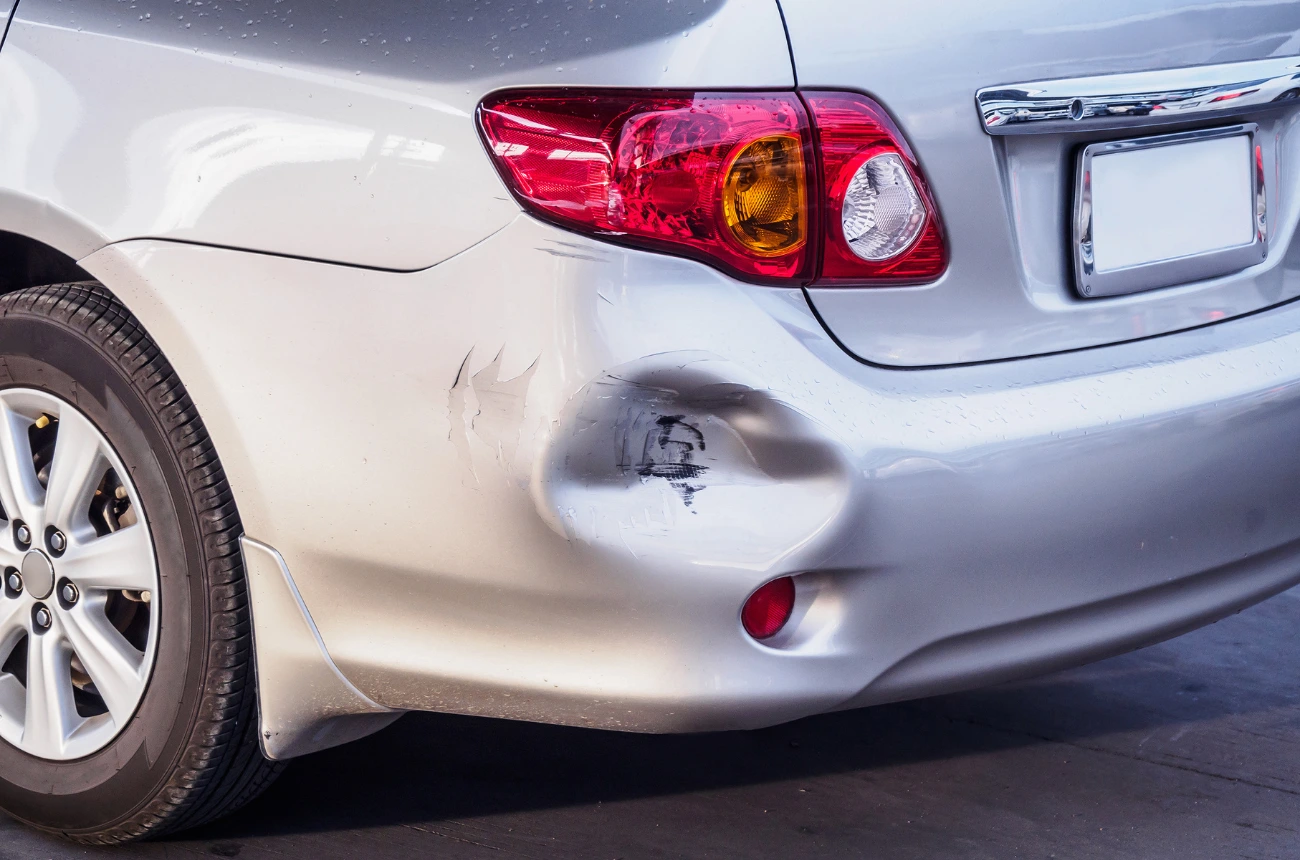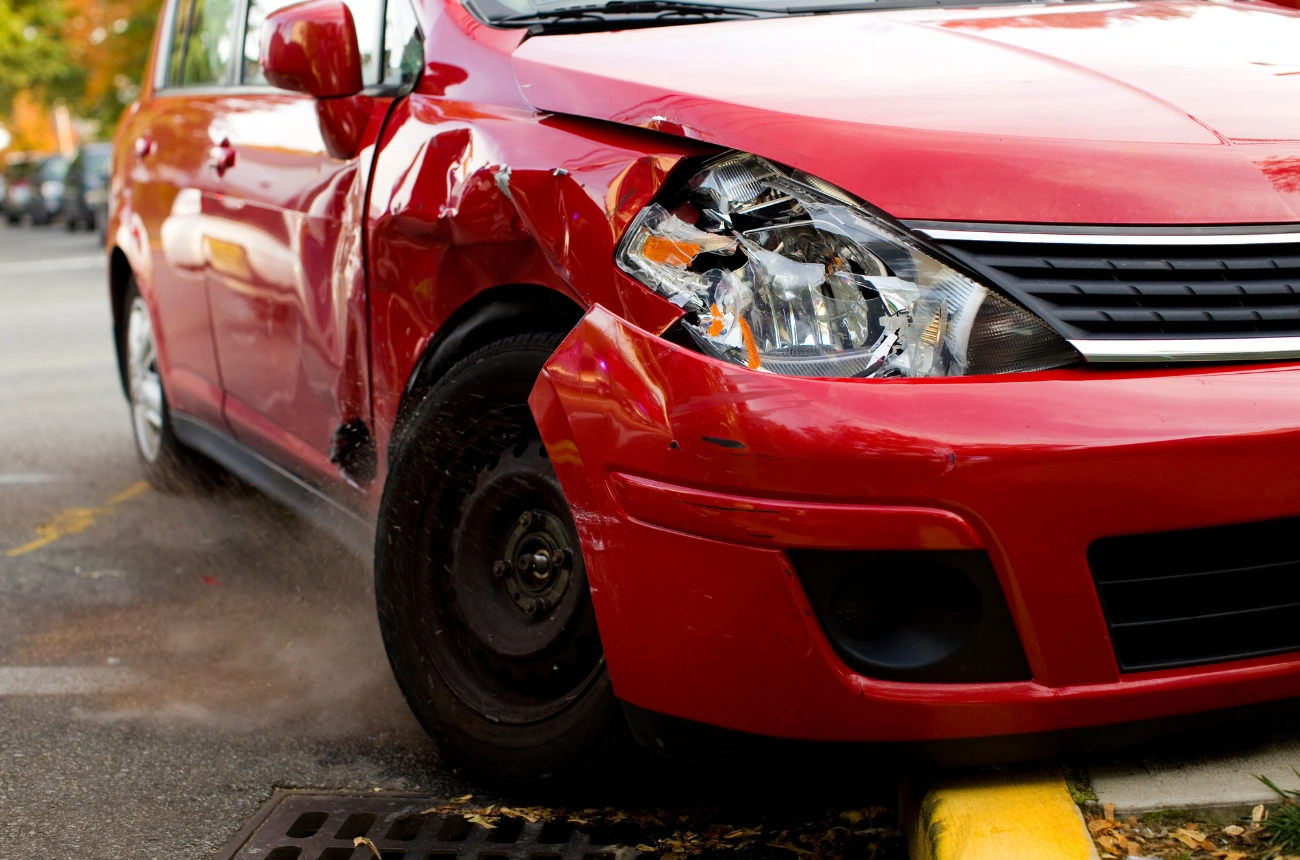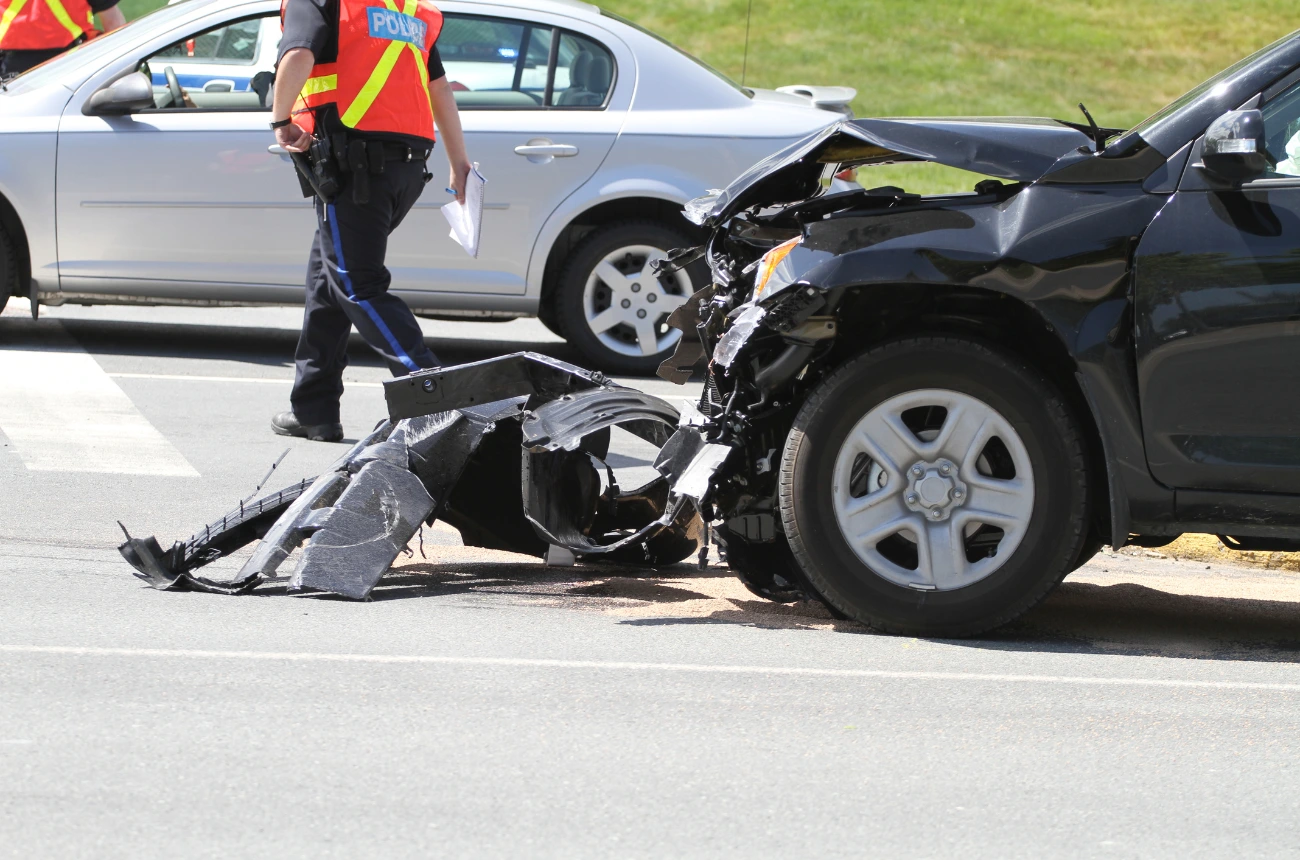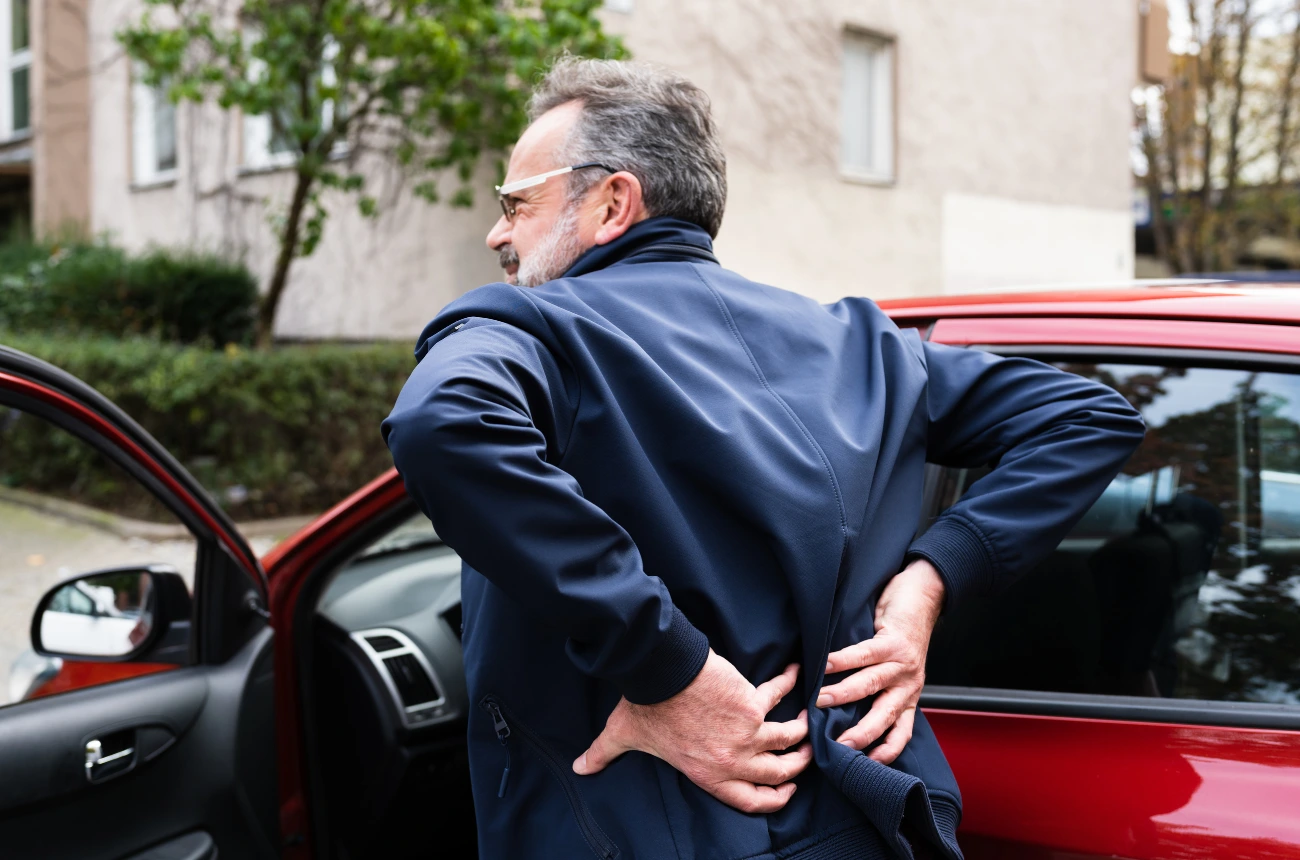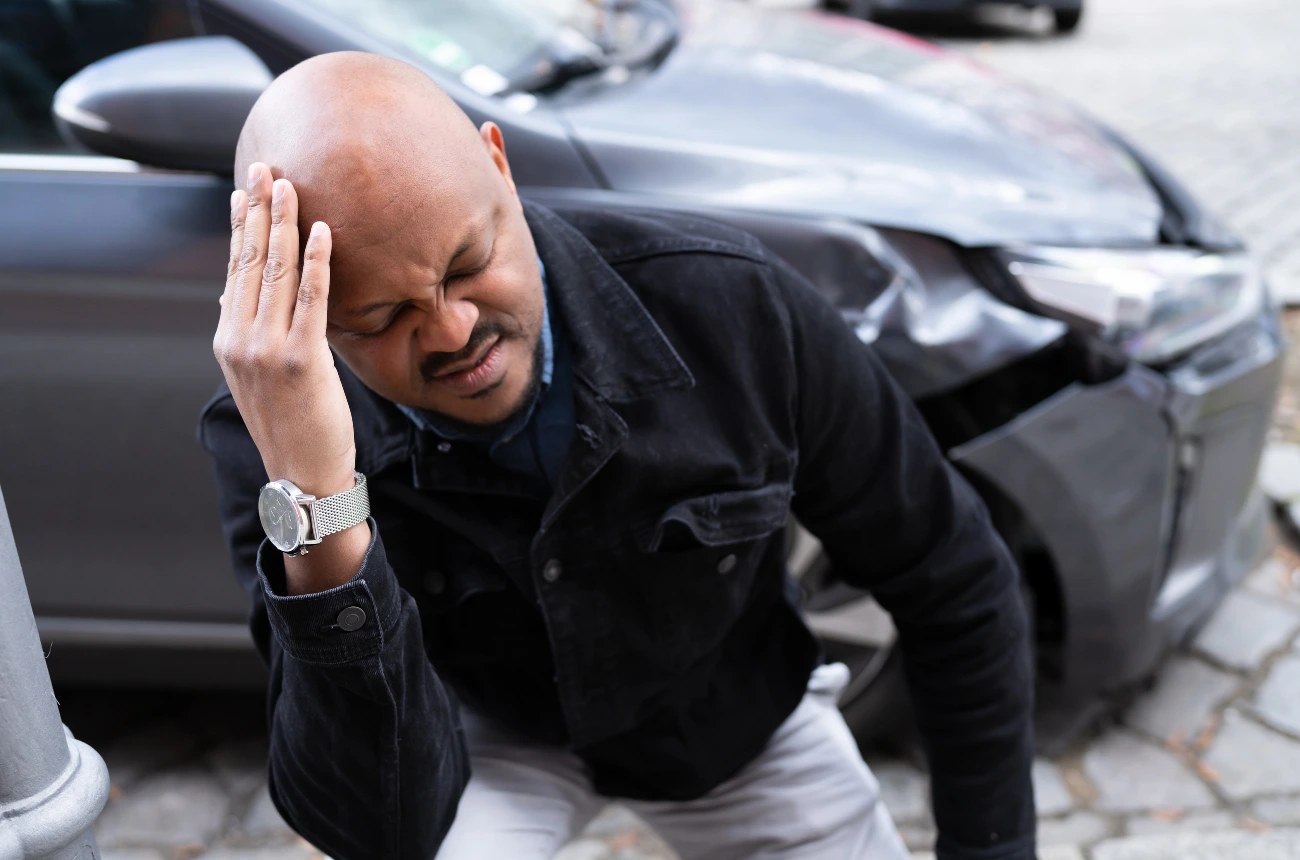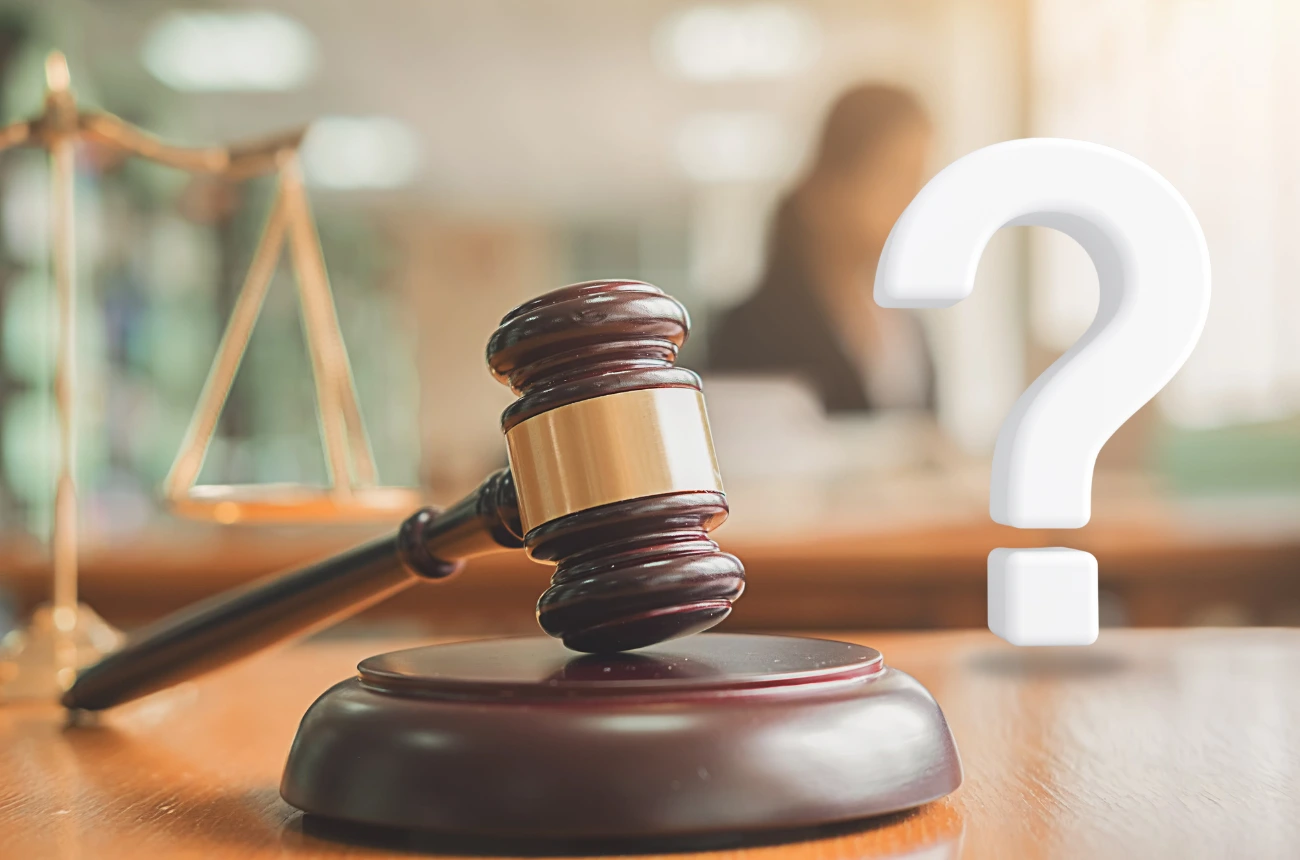If you've been in a car accident, you're likely concerned about your rights, potential repercussions, and how to pursue compensation.
It can’t hurt to brush up on Texas car accident laws.
This article will give you a brief overview of all the laws governing car accidents in Texas.
However, we should point out that if you want legal advice, the best thing you can do is contact an experienced car accident attorney for a free consultation. (They can give you tailored advice for your situation and guide you through the next steps.)
What You Should Do After a Car Accident, According to Texas Law?
Driving accidents are sudden and unexpected, so it’s natural to feel unsure about what you should or should not do immediately after the incident.
Whether you've already taken the steps outlined below or haven't had the chance to yet, you need to know how Texas car accident laws apply to your situation.
Even if you're not sure what you missed, speaking with a lawyer can help you understand the consequences of your actions (or inaction) and guide you through the next steps.
With that in mind, let’s look at what you are legally required to do after an accident:
1. Stay at the Scene
First, you should stay at the accident scene and call for emergency services, especially if anyone’s injured.
If you leave before the police arrive, you could face hit-and-run charges. This means you may have to pay fines up to $5,000 or serve jail time as per Texas Transportation Code § 550.021.
2. Clear the Way
Although you should stop your car as close to the accident scene as possible, ensure you’re not blocking the road.
This is especially important if the accident occurs on a main lane, ramp, shoulder, or nearby area of the freeway.
In these situations, both you and the other driver should move your vehicles to a safe location, allowing you to assess the accident without obstructing traffic.
3. Report to the Police
According to Texas Transportation Code § 550.026, you must call law enforcement if any of the following occurs:
- Severe damage to either one or both vehicles
- Visible injuries sustained by at least one driver
- Property damage exceeding $1,000
Even if you decide to handle the matter privately with the other party, you would need to report the car crash to the police within 10 days. If you don't report the accident within this time frame, you could be slapped with a hefty fine, lose your license, or even face jail time.
4. Exchange Information
Texas Transportation Code § 550.023 requires all drivers involved in the accident to exchange information, such as their name, address, vehicle registration number, and license number.
You should also note their driver’s insurance information, including the insurance company's name and policy number. This information will be useful when you need to file a personal injury claim against their insurance.
5. Aid Any Injured Person
As per the same code (§ 550.023, linked above), you should provide reasonable assistance to any person injured in the crash. This includes driving them (or arranging transport) to a physician or hospital for medical treatment, if necessary.
6. Inform the Owner of the Vehicle (If There’s a Collision With an Unattended Vehicle)
If you collide with a parked vehicle, you should locate the owner and share your name and address, as per Transport Code § 550.024.
What if you can’t find them?
You’ll have to leave a written notice explaining what happened and why. The note should also include your contact information so they can reach out to you to discuss compensation options.
Many drivers could be tempted to leave the scene without informing the owner. However, this is considered a violation that can result in a Class C or Class B misdemeanor, depending on the extent of the damages.
The penalties could include fines of up to $500 for a Class C or up to $2,000 for a Class B.
After the accident, you may realize you've incurred injuries or damage to your property. While you may have to initially use your insurance or pay out of pocket to cover bills, you might be entitled to compensation to make up for those losses later.
Texas is an at-fault car insurance state, also known as a “tort state.”
What does this mean exactly?
In an at-fault state, the driver responsible for causing the accident is held liable for the resulting damages, including medical expenses, vehicle repairs, and other losses suffered by the injured parties.
In other words, you can make a claim to the at-fault driver’s auto insurance company to get compensation for the car crash.
There are some exceptions:
- If you got in an accident with a driver working for a third party — e.g., an Uber, Lyft, or delivery driver — you could potentially claim compensation from the third party. (Your car accident lawyer should help you sort out the best course in this scenario.)
- If the negligent driver is uninsured or their coverage isn’t enough to cover your damages, you'll need to file a car accident claim with your own insurance company — provided you have uninsured or underinsured motorist (UIM) protection.
With that said, in most cases, you get compensated by the at-fault driver’s insurance.
How Is Fault Proven In a Car Accident in Texas?
Proving fault in a Texas car accident case is done by a “preponderance of the evidence.”
In plain English, this means you must show that your account of the accident is more accurate than the other party’s.
You are not required to prove your case beyond all doubt, but you do need to show that the other driver was probably at fault. This is done by proving their negligence led to the accident.
Here are the four key elements you’ll need to demonstrate:
- Duty of care is owed: The other driver had a responsibility to drive safely and prevent accidents.
- Breach of duty of care: The driver acted recklessly (exceeding the speed limit, running a red light, driving distracted, etc.)
- Injuries and vehicle damage occurred: Their actions caused your injury and damaged your property.
- Damage expenses incurred: You have bills from the accident that need to be reimbursed.
Remember though, that you don’t need to (and shouldn’t) establish fault on your own. Studies show that cases handled by a lawyer have a much higher success rate.
A skilled lawyer can help review evidence such as a police report, medical reports, and witness testimonies to build a strong case against the at-fault driver.
However, not all auto accident cases are clear-cut. There is a chance that you might be partially responsible for the accident. That’s where comparative negligence comes in.
What Is the Comparative Negligence Rule?
Earlier, we mentioned that you can claim the insurance of the at-fault driver as per the fault rule.
So, if you’re partially at fault, does this mean you can’t make a personal injury claim?
Not really. Texas uses a modified comparative negligence system for personal injury cases, which means you can still pursue compensation if your level of fault is 50% or less.
However, the settlement amount will be reduced by your percentage of the fault.
For example, if you’re 20% at fault and your settlement amount is $10,000, you are only eligible for $8,000.
But who determines this percentage?
In Texas, this is decided by the insurance company adjusters. They would look for reasons to increase the percentage of your fault, so they have to pay less. An experienced car accident lawyer knows how to use evidence to show you were less at fault, helping you get the best possible settlement.
Sometimes, the settlement offer could be too low even after several months of negotiations. At this point, you can choose to file a personal injury lawsuit against the other party.
However, you have limited time to make this decision.
What Is the Statute of Limitations for Car Accidents in Texas?
The Statute of Limitations (SOL) is a legal time frame that indicates the deadline for filing a car accident lawsuit.
It begins the day after the accident and expires after 2 years, per Texas Civil Practice and Remedies Code § 16.003. For example, if the accident happened on December 10, 2023, the last date to file a lawsuit with a lawyer is December 9, 2025.
If you submit your car accident lawsuit after the SOL expires, the court will dismiss it. You would have no further option to seek compensation. That said, there are a few situations in which you can file a lawsuit after 2 years:
- If the person at fault leaves the state for some time, the statute of limitations clock would be paused until they return.
- If the accident resulted in someone passing away, the statute of limitations for a wrongful death claim is also two years in Texas. However, it begins from the date of death, which may differ from the accident date.
- If the victim is a minor, the SOL is paused until they turn 18.
- If the car accident victim is legally incapacitated (unable to take care of themselves or make decisions), the clock is temporarily paused until they can manage their own affairs.
A personal injury lawyer can review the details of your car accident case to identify any potential exceptions or loopholes that might allow for an extension of the deadline.
What Are the Car Insurance Requirements in Texas?
Since Texas is an at-fault state, all drivers should have minimum liability coverage according to car accident law. The coverage is used to compensate the other driver if you are more than 50% at fault for the accident.
Under Section 601.702 of the Texas Transportation Code, drivers need to have at least $30,000 of coverage for injuries per person, up to a total of $60,000 per accident, and $25,000 of coverage for property damage. This is called 30/60/25 coverage.
Texas law also requires auto insurers to offer the following options, though you can opt-out or reduce coverage amounts in writing:
- Personal injury protection (PIP): This coverage pays for you and your passenger's medical bills, lost wages, and other non-medical costs. Auto insurance policies in Texas include personal injury protection coverage by default, though (as mentioned earlier) it can be dropped by refusing it in writing.
- Uninsured/Underinsured Motorist (UI/UIM) coverage: This can help when the at-fault driver lacks insurance or doesn’t have enough insurance to cover your costs. Most insurers in Texas offer UI/UIM coverage for bodily injury and property damage. You can also choose to add more coverage in $5,000 increments.
While not required by state law, there are coverages that are useful in specific situations:
- Collision coverage: When you finance a new car, auto lenders require you to purchase collision coverage, which covers any vehicle damage. If the damages are greater than the cost of the car, the policy will pay out the car’s actual value.
- Roadside assistance: This coverage can be used in the event of a breakdown, as it covers roadside repairs and towing. Some insurance companies automatically have this coverage, but it is often an add-on. If you drive an older car that has a history of mechanical or engine troubles, it is recommended to get roadside assistance coverage.
When Do You Need a Car Accident Lawyer in Texas?
We recommend consulting a Texas car accident lawyer for any case, whether it's a fender bender or a minor accident.
They have vast experience with auto accident cases and will look at your scenario from all angles to get you the best settlement possible. In fact, studies show that hiring a car accident attorney increases your final settlement by 3 - 3.5x on average.
And if you’re worried about their expense, Texas personal injury lawyers typically get compensated on a contingency basis, meaning they are paid by a percentage of your final settlement rather than from your pocket — and only after they win your case.
Getting a lawyer should be non-negotiable in cases where:
- You were involved in a drunk driving accident or pedestrian accident.
- It’s not certain who’s at fault.
- You’re being blamed for the accident.
- You want to file a personal injury lawsuit.
- The accident resulted in the following:
- Catastrophic injury or wrongful death.
- Physical or emotional injuries that require rehabilitation/long-term care.
- Damages exceeding $10,000.
But to reiterate, we still recommend consulting a lawyer even if none of these apply.
Reach Out to No Bull Law for Expert Guidance After Your Accident
If you’re looking for a car accident lawyer to help navigate the aftermath of the accident, we’re ready to take your case by the horns.
Here’s how we operate:
- Contact us for a free case consultation (también disponible en español).
- You share details about the accident.
- We will analyze your case and determine the best course of legal action.
- If we take up your case, we’ll fight to win the settlement you’re entitled to.
And here’s the kicker:
You pay no fees ‘less we win!
So take charge and contact our Houston law office today for free, no-nonsense advice.

